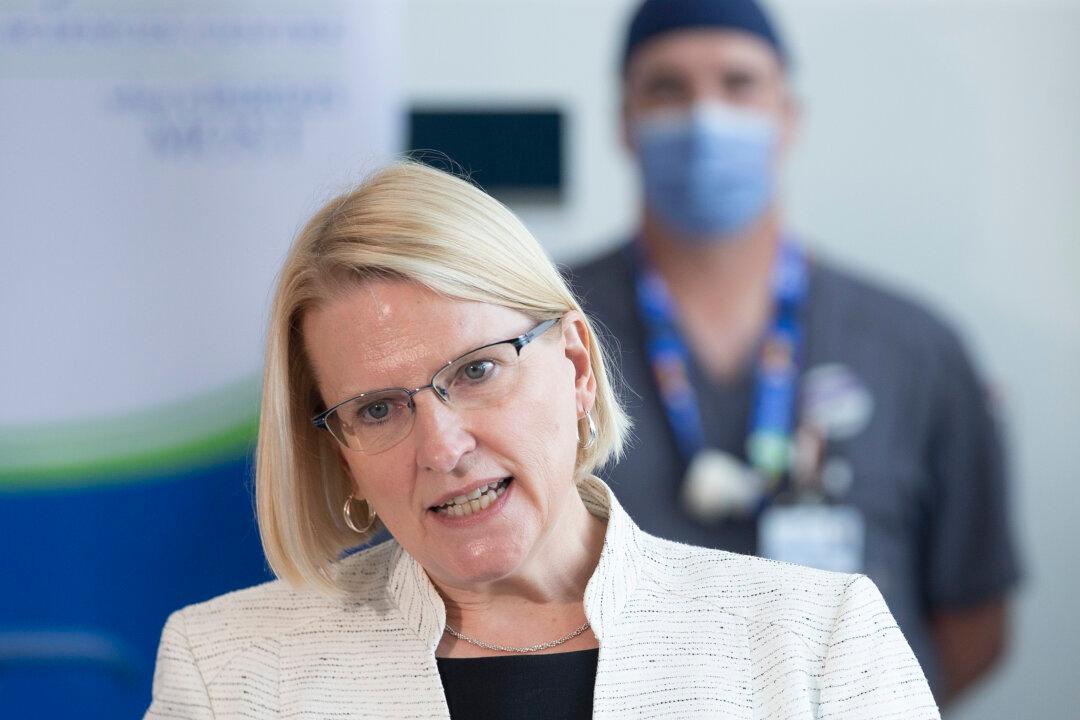Ontario’s health minister says the province will not be following Alberta in banning transgender surgeries or hormone therapies for minors.
“We’re not making any changes as it relates to gender-affirming care in the province of Ontario,” Health Minister Sylvia Jones said on Feb. 1 in response to a reporter’s question about whether Ontario would follow Alberta’s lead.





